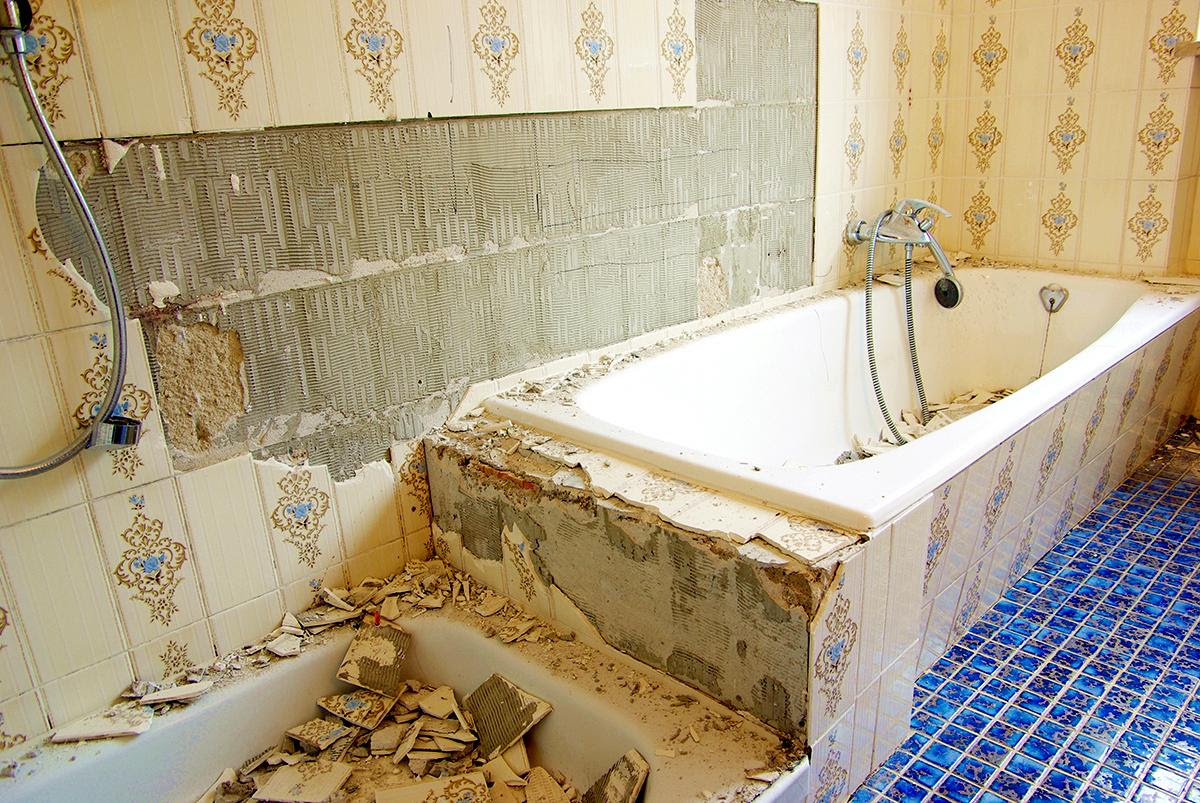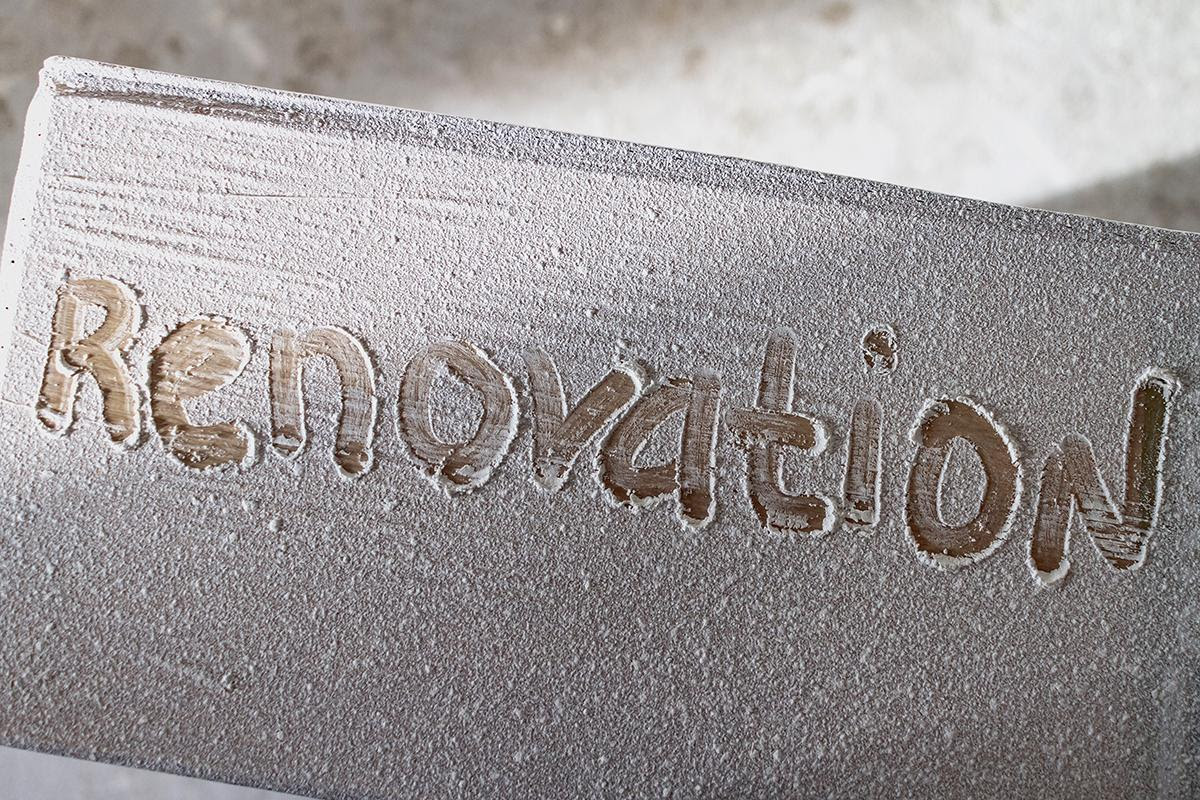In 2002, The National Association of the Remodeling Industry (NARI) created National Home Improvement Month in May with the backing of the U.S. Congress. Today, this initiative — to help consumers learn about their homes, recognize signs that something needs repair, and to work with qualified experts — has gained new momentum with a new generation of homeowners who are spending more time at home.
NARI President, Doug King, CR, MBA, of King Contracting, Inc., offers a few tips for those who want to roll up their sleeves and tackle a home improvement during this month, including:
- Be more vigilant than ever in checking licenses and insurance for anyone that you allow to enter your home
- Stay focused on safe habits and do not let the excitement of remodeling your home blur your vision for the safeguards you have in place for your loved ones
- Be sure to start your research at the best place to connect with a safe, professional, and trusted remodeler.

In addition, you will need to ask yourself the question, should I save a little money by doing it myself or should I hire a professional to do the project?
Do-it-yourself (DIY) jobs are a popular trend in the home improvement industry; however, before you grab a hammer and start swinging, you should know that the wrong decision could bring forth a few potential problems. Before you decide to do-it-yourself, NARI recommends taking this DIY quiz:

Did You Answer Yes or No to the Following Questions?
- Do you enjoy physical work?
- Are you persistent and patient?
- Do you have reliable work habits — meaning that once the project is started, will it get finished?
- Do you have all the tools needed and, more importantly, the skills required to do the job?
- What quality level do you need for this project? Are your skills at that level?
- Do you have the time that will be required to complete the project? (Always double or triple the time estimated for a DIY project, unless you are highly skilled and familiar with that particular project.)
- Will it matter if the project remains unfinished for a period of time?
- Are you prepared to handle the kind of stress this project will create in your family relationships?
- Do you know all of the steps involved in the project?
- Have you received the installation instructions from the manufacturer to determine whether this is a project you still want to undertake? (Most manufacturers will send you installation instructions before purchase to determine whether the product will meet your needs.)
- Is this a job you can do completely by yourself or will you need assistance? If you do need assistance, what skill level is involved for your assistant? If you need a professional subcontractor, do you have access to a skilled labor pool?

- Are you familiar with your local building codes and permit requirements? (Some jurisdictions require that the work be completed by a licensed and bonded professional in order to meet code.) It’s best to check these requirements before beginning work on the project.
- What will you do if the project goes awry? (Most contractors are wary about taking on a botched DIY job.)
- Is it safe for you to do this project? (If you are not familiar with roofing or do not have fall protection restraints, you may not want to venture into a roofing job. Similarly, if you know nothing about electricity — leave it to the professional. Some jobs can be fatal if not performed correctly. Your health and safety should be the primary concern. Never enter into a DIY project that would jeopardize either.)
- Will you be able to obtain the materials you need? Who will be your source of supply? Will they deliver?
- Are you attempting to do-it-yourself for financial reasons? If so, have you looked at all of your costs, including the cost of materials, your time, and the tools you need to purchase? If you are new to the DIY game, you may also want to look at the cost to correct any mistakes you may make — i.e., the damage factor. Will it still be a cost-saving venture?
- If you are trying DIY for the satisfaction of a job well done — can you ensure that the job will be “well done”? If it doesn’t come out right, how will you feel? Will you be able to afford to redo any unsatisfactory work?
If you answered yes to 8 or more of these questions, you might attempt a DIY project. But before you run for the nearest hardware store, revisit those questions you marked “No,” and carefully consider the potential problems you will face in those areas if you proceed with the project.
Hiring a professional might be your best choice. NARI recommends that you take your time in selecting a home improvement partner and reminds consumers that such a project can be one of the most important investments that a homeowner can make.









